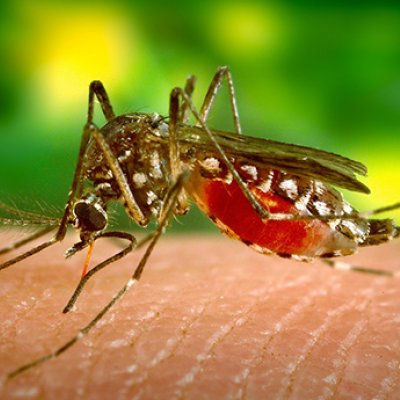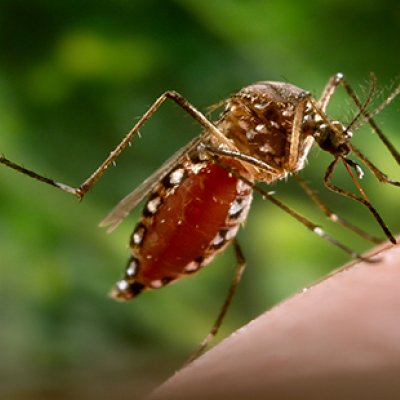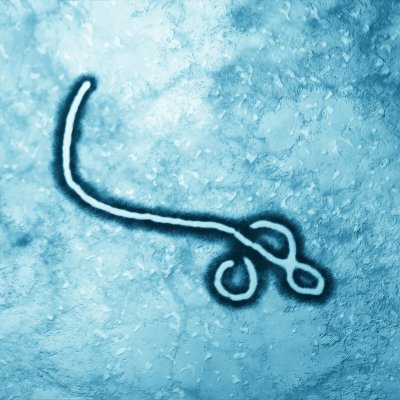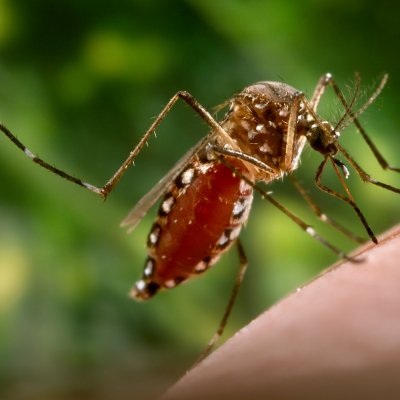A University of Queensland-led project has used a ‘brain in a dish’ to study the effects of the Zika virus, taking research a step closer towards developing drugs to combat the infection.
12 December 2022Variants of viruses such as that causing COVID-19 can now be quickly studied in the laboratory, even before they emerge in nature and become a major public health challenge.
9 June 2021Scientists looking at the genetics of Zika virus have found a way to fast-track research which could lead to new vaccines.
19 March 2019Brisbane researchers have synthetically re-created Zika virus in the laboratory – a breakthrough that will help to understand the virus and the fetal brain defects it causes.
18 May 2017An effective and economical treatment for Ebola patients has been developed by an international team led by Queensland researchers.
3 February 2017Kick-starter funding of $50,000 has helped unite Brisbane-based researchers in the battle against Zika virus.
28 April 2016An experimental Ebola vaccine made using an Australian virus called Kunjin might help in the fight against the deadly Ebola virus, an international study led by The University of Queensland has found.
3 March 2015Looking for interview talent on Ebola and its impact? The University of Queensland has several researchers and experts happy to take media calls on the subject, listed below.
3 November 2014The University of Queensland (UQ) has enhanced its position as a leading centre for biological and health science research, with the opening of a new research centre focused on infectious diseases.
30 November 2009Research conducted at The University of Queensland could contribute to the development of a vaccine and cure for West Nile virus and Dengue fever.
9 December 2008Researchers from UQ’s Queensland Brain Institute will delve further into the mysteries of how our brains works thanks to more than $7.5 million in funding.
10 November 2008UQ has increased its share of national medical research funding by 10 percent, receiving more than $44.6 million under the latest round of National Health and Medical Research (NHMRC) grants.
25 September 2007






